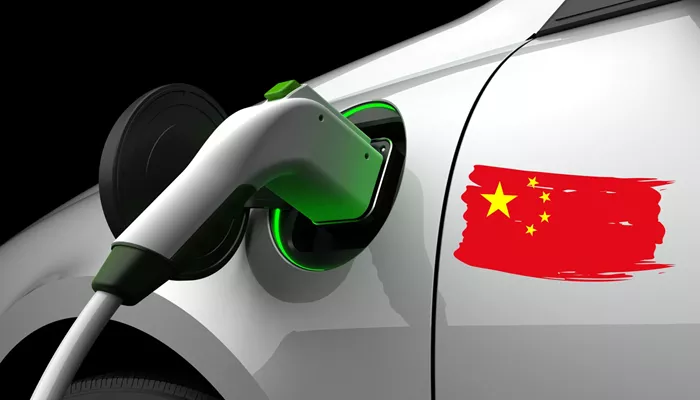Chinese electric vehicle (EV) stocks retreated on Thursday following reports that the government is pressing manufacturers to honor timely payments to their suppliers. This development comes amid growing concerns over the sector’s cash flow and escalating price competition.
Leading EV companies including BYD Co. Ltd. (SZ:002594, HK:1211) and Zhejiang Leapmotor Technology Co. Ltd. (HK:9863) saw their shares drop more than 2% on the Hong Kong Stock Exchange. NIO Inc. (HK:9866) declined 2.9%, while XPeng Inc. (NYSE: XPEV, HK:9868) was the worst performer among its peers, sliding 5.1%. Li Auto Inc. (NASDAQ: LI, HK:2015) also fell by 1.2%.
The pullback follows a brief rally on Wednesday, when several manufacturers pledged to reduce their payment terms to suppliers to within 60 days. The commitment was viewed as an attempt to ease market worries over cash shortages, particularly after BYD announced a fresh round of significant price cuts at the end of May aimed at undercutting competitors.
Chinese state media reported on Thursday that the government has urged EV manufacturers to “earnestly fulfill their commitment to a payment period not exceeding 60 days,” according to a statement from the Ministry of Industry and Information Technology, as quoted by China Central Television (CCTV).
The government’s heightened focus on the EV sector has intensified amid fears that aggressive pricing strategies — sparked by Tesla’s repeated price reductions — may be draining cash reserves and increasing debt pressures across the industry. Analysts have drawn parallels to the liquidity crunch that preceded China’s 2021 real estate market collapse.
Chinese EV makers have engaged in fierce price competition in recent years to secure dominance in the world’s largest EV market. Tesla’s consistent model price cuts triggered similar moves by domestic manufacturers, triggering concerns that an extended price war could erode profitability and cause oversupply in China’s EV market.
Investors remain cautious as the sector grapples with balancing competitive pricing, financial stability, and sustainable growth prospects.
Related Topics:
Xi-Trump Call Disappoints Investors, Ending Hong Kong’s Rally
Korean Stocks Enter Bull Market After Lee’s Election Victory

